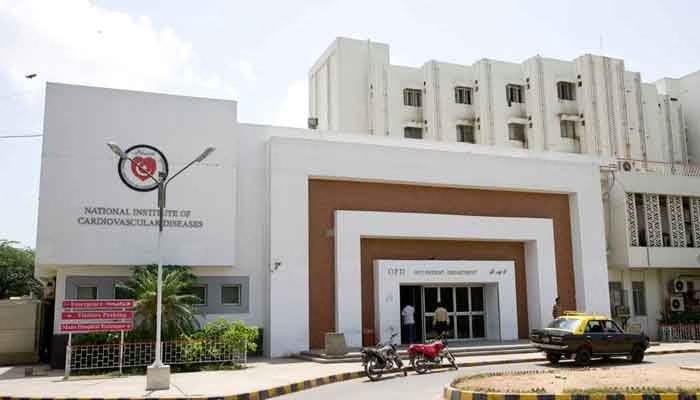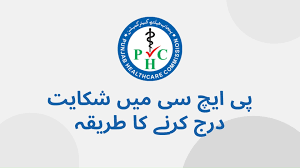A significant financial irregularity amounting to Rs40 billion has been unearthed at the National Institute of Cardiovascular Diseases (NICVD) Karachi, according to the latest audit report issued by the Sindh Directorate General of Audit for the fiscal year 2023–24. The report has raised serious concerns about alleged corruption and financial mismanagement at one of the country’s leading cardiac healthcare institutions.
The alarming findings have prompted Sindh Health Minister Dr. Azra Pechuho to take immediate notice. According to Geo News, the minister has ordered a formal investigation and constituted a two-member inquiry committee to probe the matter in detail.
As per the official notification from the Sindh Health Department, the committee comprises the Additional Secretary and Deputy Secretary of Health. The inquiry body has been given a 15-day deadline to complete its review and submit its findings and recommendations.
The audit report reportedly highlights several instances of financial mismanagement, procedural violations, and irregular appointments, raising red flags about how public funds have been utilized at the NICVD. Though specifics of the violations have not yet been made public, the magnitude of the reported discrepancy — Rs40 billion — has shocked both the medical community and public watchdogs.
In response to the media coverage and official action, a spokesperson for the NICVD issued a statement attempting to downplay the development. According to the spokesperson, the audit observations cited in the report are part of routine review procedures applied to all government institutions and should not be interpreted as definitive proof of corruption.
“Observational reports from the Auditor General of Pakistan are a standard part of annual financial oversight mechanisms and are aimed at enhancing transparency, not assigning guilt,” the NICVD spokesperson said. They cautioned against treating such audit remarks as conclusive evidence of wrongdoing, emphasizing that doing so without a formal investigation is misleading and contrary to facts.
The spokesperson further noted that many of the audit objections referenced in the 2023–24 report relate to administrative decisions and appointments made during 2017–2018, well before the tenure of the current Executive Director, who assumed office in November 2023.
“It is important to note that the current management had no involvement in those earlier decisions. However, we are fully committed to addressing every audit para with diligence and accountability,” the spokesperson added. “We welcome the inquiry and will fully cooperate with the investigation to ensure that facts are established through proper procedures.”
This isn’t the first time the NICVD has come under scrutiny. In past years, questions have been raised regarding procurement practices, hiring policies, and financial autonomy. However, this latest audit appears to be the most comprehensive and severe in terms of the financial impact highlighted.
Analysts point out that while audit paras are indeed a standard part of financial accountability processes, the scale and timing of this particular report demand closer scrutiny. The NICVD, being a flagship institution for cardiac care in the region, handles significant public funds and provides free or subsidized treatment to thousands of patients annually. Ensuring its financial integrity is not only a legal obligation but also a matter of public trust.
Sindh Health Minister Dr. Azra Pechuho, while ordering the inquiry, stated that transparency and accountability remain top priorities for the provincial government. She reaffirmed her commitment to ensuring that any misuse of public resources will be thoroughly investigated and dealt with in accordance with the law.
Civil society organizations and healthcare professionals are also urging the government to make the findings of the inquiry public once the investigation concludes. Many believe that restoring public confidence in key health institutions like the NICVD requires not just internal accountability but also external transparency and legal follow-through if wrongdoing is confirmed.
As the 15-day deadline for the inquiry committee approaches, all eyes will be on the Sindh Health Department and NICVD leadership to see how they address the audit findings and ensure accountability — both past and present.



